Publications
Articles, publications, books, tools and multimedia features from the U.S. Institute of Peace provide the latest news, analysis, research findings, practitioner guides and reports, all related to the conflict zones and issues that are at the center of the Institute’s work to prevent and reduce violent conflict.
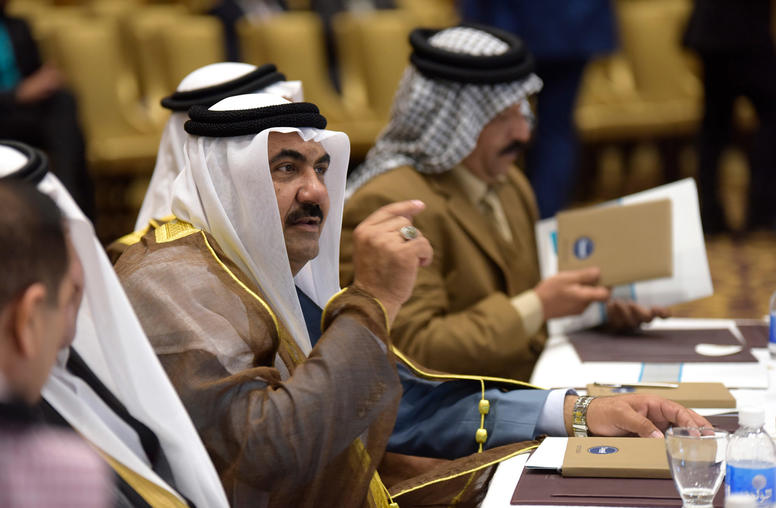
Nurturing and Sustaining Facilitator Networks: Key Considerations for Support Organizations
As more emphasis is placed on the role of national and local efforts in peacebuilding, support organizations may increasingly look for opportunities to bolster national and local facilitator networks. This report shares findings from a meta-review commissioned by the United States Institute of Peace that examined networks it supported in Afghanistan, Colombia, Iraq, Pakistan, and Tunisia. It provides recommendations for creating and sustaining networks that successfully operate with the resources and technical assistance available.

Corinne Graff on the U.N. General Assembly’s Theme of Resilience
As the 2021 U.N. General Assembly begins amid a host of global crises, USIP’s Corinne Graff says this year’s theme of resilience must “deal not just with the symptoms of these emergencies, but the root causes as well” and that effective governance is “key to building resilience against many of the global challenges we face today.”
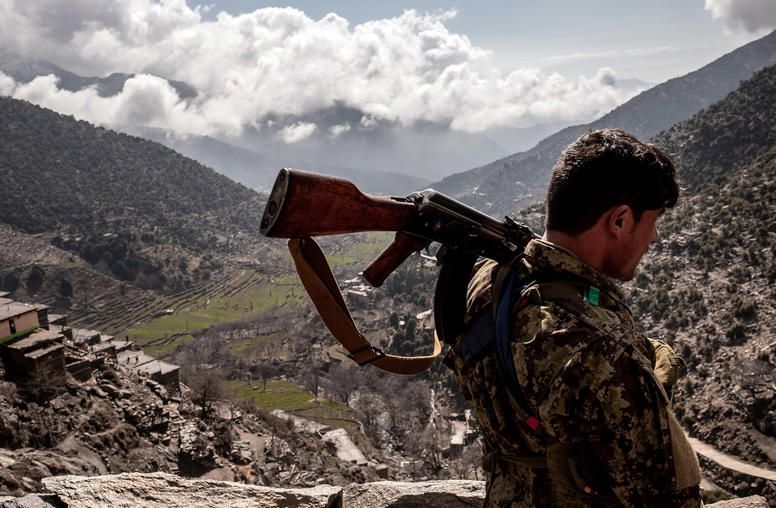
What Does IS-K’s Resurgence Mean for Afghanistan and Beyond?
Last month’s bombing outside the Kabul airport was a devastating sign of the Islamic State of Khorasan Province’s (IS-K) recent resurgence. The group had already launched 77 attacks in the first four months of 2021 — an increase from 21 in the same period last year. This renewed capacity for mass-casualty attacks could further destabilize Afghanistan’s already precarious security situation, leaving both the new Taliban government and the United States with a vested interest in mounting an effective campaign to undercut IS-K’s presence in the region.
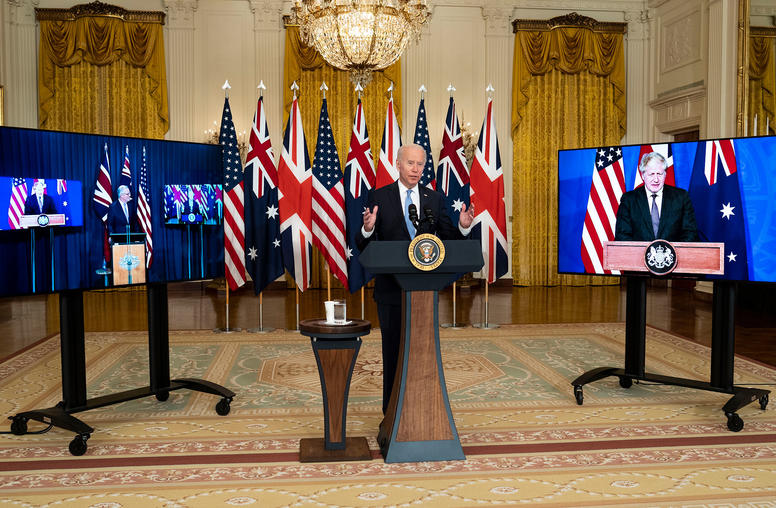
Why the New U.S.-U.K.-Australia Partnership Is So Significant
The United States and the United Kingdom have made the rare decision to share nuclear submarine propulsion technology with Australia in a move seen aimed at China. In a joint statement on September 15, the leaders of the United States, the United Kingdom and Australia announced the formation of a trilateral partnership — AUKUS — that, among other things, seeks to “strengthen the ability of each to support our security and defense interests.” USIP’s Brian Harding, Carla Freeman, Mirna Galic, Henry Tugendhat and Rachel Vandenbrink discuss the significance of the decision and what to expect next.
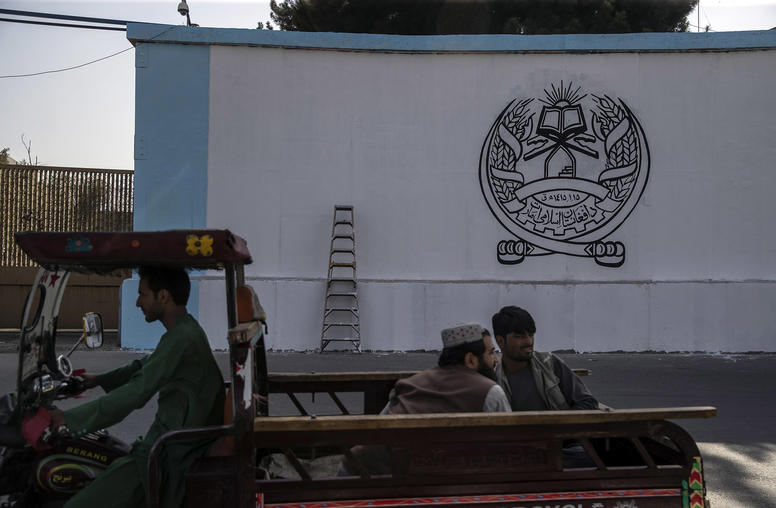
What Can the Taliban Learn From Past Afghan Conquests and Collapses?
The Taliban’s lightning conquest of Afghanistan caught many people by surprise, perhaps including the Taliban themselves. However, it is not the country’s first episode of an unexpectedly quick military victory and consequent rapid change in regime. Historical examples may provide relevant lessons for the victorious Taliban as they begin to govern the country, including pitfalls to be avoided in their own and the nation’s interest.
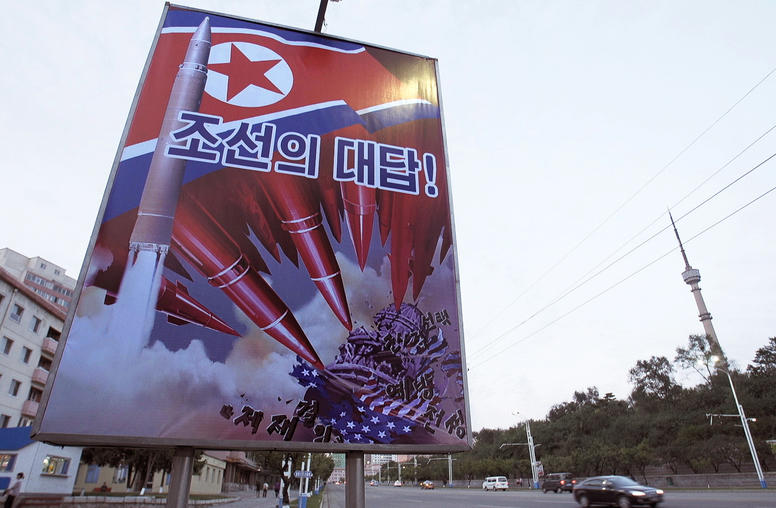
Making Sense of North Korea’s Missile Test
North Korea announced on September 13 that it had tested long-range cruise missiles over the weekend. It described the missiles as a “strategic weapon of great significance.” The test caused alarm in North Korea’s neighbors — South Korea and Japan, both U.S. allies — as the revelation now puts both countries within striking distance. But despite the test, a spokesperson for the Biden administration said the United States remains prepared to engage with North Korea. USIP’s Frank Aum discusses the significance of the tests, the arms race on the Korean Peninsula, and what signals North Korean leader Kim Jong Un may be sending to the United States with this latest test.
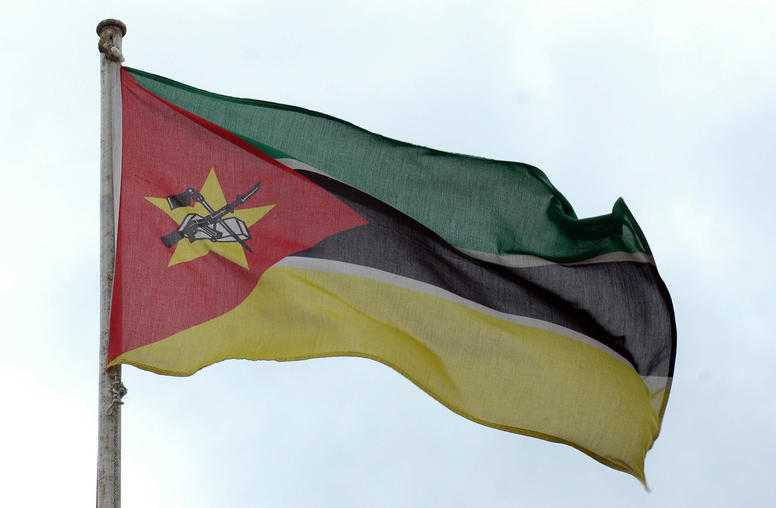
The Need to Build on Security Gains in Mozambique
The Rwandan armed forces and police deployed to the Cabo Delgado province in northern Mozambique have made impressive gains combatting the Islamic State-affiliated al-Shabaab militants that have devastated the area. These 1,000 or so forces secured the key port city of Mocimboa da Praia in August, and the militants — who have committed grave atrocities, killed thousands and driven nearly a million people from their homes — have been forced to retreat from several areas of this natural resource-rich region.

William Byrd on Afghanistan’s Economic Crisis
Amid the fallout from the Taliban’s sudden takeover, USIP’s William Byrd warns that Afghanistan’s economy faces a catastrophic outlook if action isn’t taken — adding that “the Afghan people and the economy have a lot farther to fall than they did the previous time the Taliban were in charge.”
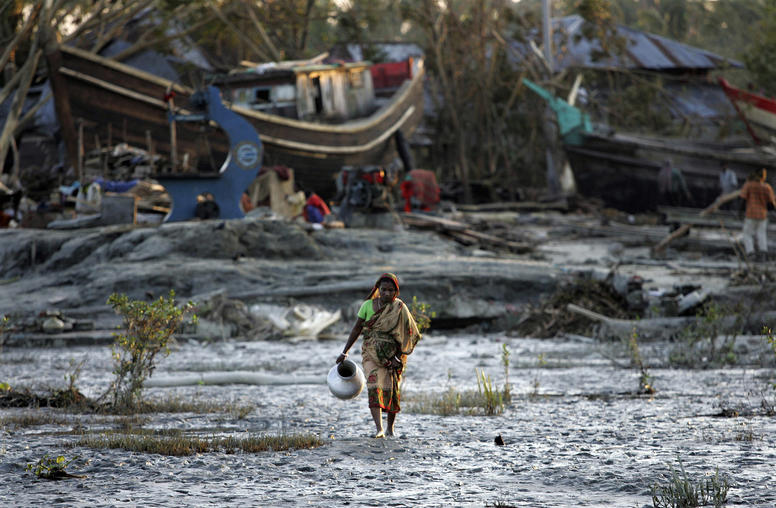
How Climate Change Deepens Bangladesh’s Fragility
The Intergovernmental Panel on Climate Change (IPCC) released its sixth report on the state of the earth’s climate in early August — and it paints a dire picture. The report argues that unless governments take appropriate measures to curb greenhouse gas emissions and spur behavioral change, the world is moving toward a climate crisis of rising sea levels, warmer temperatures and more extreme weather. The report’s findings are particularly relevant in Bangladesh, where low elevation, high population density and weak infrastructure make it highly vulnerable to climate change.
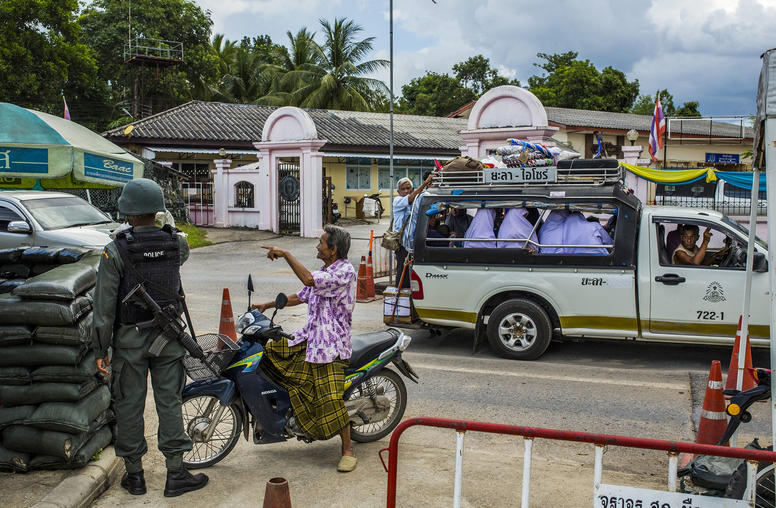
Thai Authorities Struggle to Understand a Conflict They Have Been Fighting for Decades
In May 2021, Thai security forces were in a three-hour standoff with two Malay-Muslim separatist insurgents in a small remote village in the southernmost border province of Yala. As they stood their ground, the two combatants made video calls to family and friends to bid farewell. Someone began recording one of the calls on another cellphone. Soon, footage of the two men, who were killed in the operation, was circulating on social media.